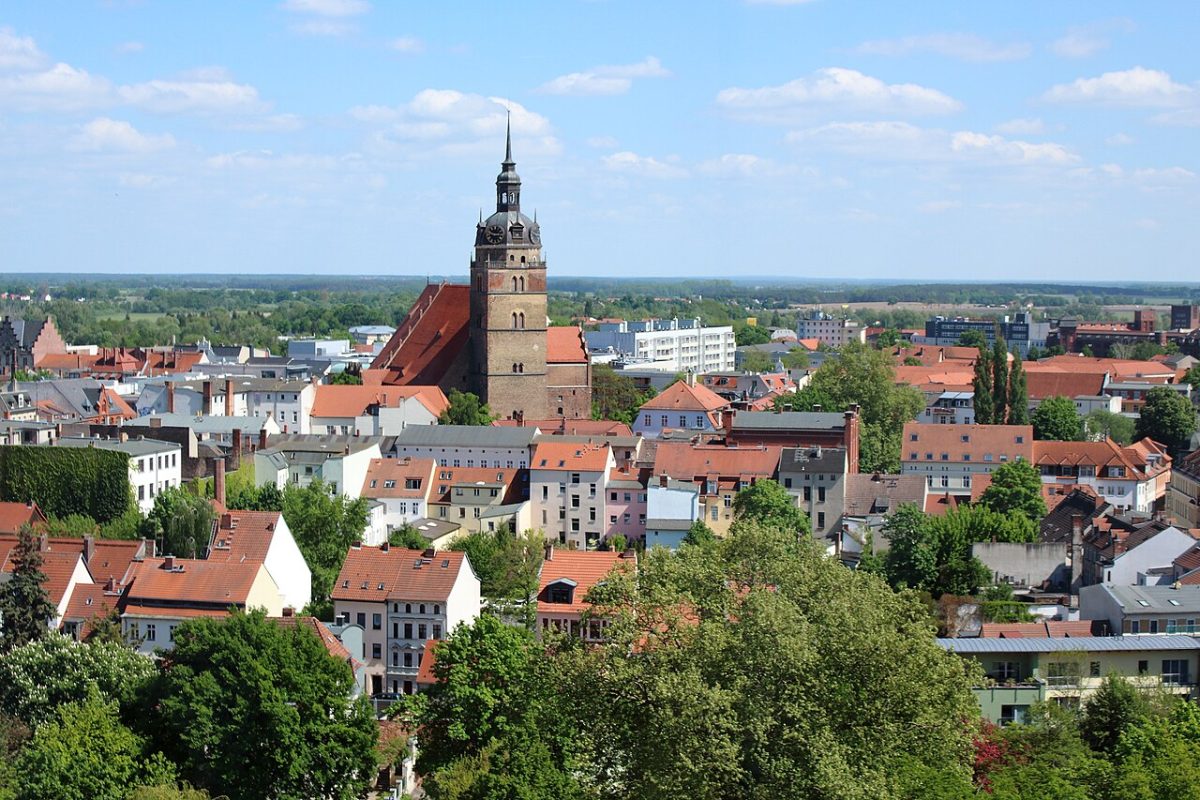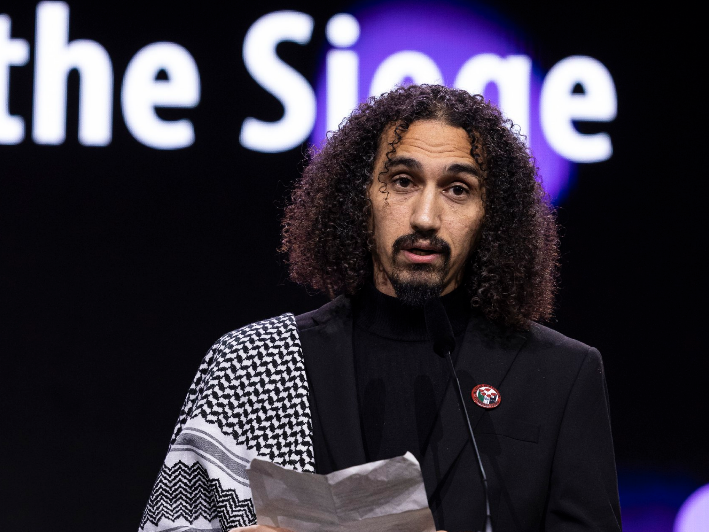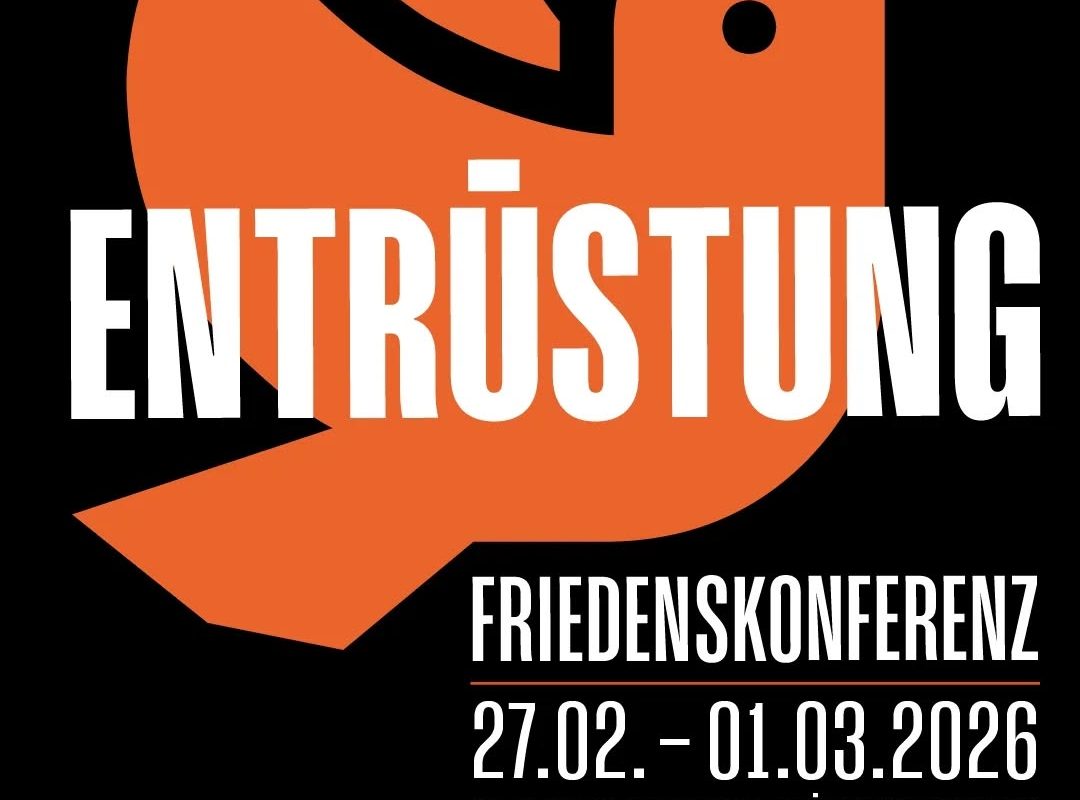NEWS FROM BERLIN
Food couriers: victims of harassment and claimed violence
The Lieferando Workers Collective (LWC) has reported harassment incidents against their members, with instances of men dropping their towel the moment the door is opened becoming more frequent. They also reported an incident where a rider was violently attacked while waiting for an order at Burgermeister (a burger restaurant) on Schönhauser Allee. The restaurant staff had said he was not allowed to wait inside the restaurant. The courier suffered head injuries. Lieferando emphasised its support of the courier, and it is supporting an ongoing police investigation. The LWC have gone further calling for a protest in front of the very Burgermeister branch next Friday. Source: taz
BVG: more violent offences than it had for ten years
Berlin’s public transport recorded almost 4,200 acts of violence last year. It is the highest figure for ten years. On average, more than eleven acts of violence are counted per day in underground trains, buses and at railway stations operated by Berliner Verkehrsbetriebe (BVG), according to the company´s security report published on Monday. The total number of offences, recorded in the BVG area was 14,825 – the second lowest figure in the last ten years. Above all, there was less pickpocketing and damage to property: vandalism and graffiti cause annual costs of 4.9 million euros for transport companies – an average of 13,424 euros per day. Source: rbb
NEWS FROM GERMANY
Saxony and Thuringia: success for Nazis
This Sunday’s election results in Saxony and Thuringia have confirmed the impression of an ongoing crisis. In both states, ‘Die Linke’s (The Left) vote share has roughly halved in size; in Thuringia from an all-time high in 2019 and in Saxony from an already poor result. However, the Left Party’s plight is only part of a larger drama. When a party like the AfD performs so well – then alarm is the order of the day. The AfDs politics will not mellow, its development to date shows the opposite trend, becoming more radical. In some cases, it demonstrates open right-wing extremism. Source: nd-aktuell
Election disaster in the east: the ‘Ampel’ coalition and its ineffective communication
The AfD has won a state election in Thuringia for the first time. The CDU came second, almost ten percent behind. Several things are clear. First, the attack campaigns against the AfD has failed. Second, the fear strategy of politicians and the media has not worked. For weeks, disaster scenarios were painted in the event of AfD victories and BSW (Sarah Wagenknecht’s party) successes. Third, the transparent manoeuvres of the SPD and Greens to feign a change of course in the last few days to prevent an AfD victory and a strong performance by the BSW failed to sway voters. Source: berliner zeitung
SPD State president calls for tougher asylum policy
Following the attack in Solingen, Brandenburg’s Minister President Dietmar Woidke (SPD) has spoken out in favour of stricter asylum laws. Border controls should be maintained and possibly expanded, he said at a special session of the state parliament. Asylum seekers from safe third countries should be turned back directly at the German borders. Those who had no right to stay in Germany would have to leave Germany again, including countries such as Afghanistan or Syria. He still called for a ‘similarly comprehensive, far-reaching change’ as the asylum compromise in the 1990s. At that time, the right to asylum was restricted. Source: tagesschau
Germany generated more solar power than ever before in July 2024
Germany hit a record high for solar produced energy in July 2024. “Around 10 terawatt hours of solar power were produced, more than ever before in a single month, even though solar radiation was lower than last year,” said Economics Minister Robert Habeck (Greens) to the Funke Media Group. In 2023, around 57,1 percent of all energy produced in Germany came from renewable sources like solar and wind. According to figures from the Economics Ministry, expansion doubled last year compared to the year before, installing infrastructure capable of creating almost 14 gigawatts of power. By 2030, this is expected to rise to 215 gigawatts. Source: iamexpat
Traffic-light government wants to cut money for ’Dublin refugees’
The traffic-light government (‘die Ampel’) is currently discussing drastic benefit cuts for asylum seekers who are registered in another EU country – known as the ’Dublin refugees’. According to the plans, these people will receive neither cash benefits nor a cash card, but only the most necessary benefits in kind such as accommodation, food and hygiene products (according to the ‘bed-bread-soap principle’), the ‘Bild’ reports. The government also plans on lowering the threshold related to deportation as well as measures against violent Islamism and a tightening of weapon laws with a focus on knives. Source: n-tv



